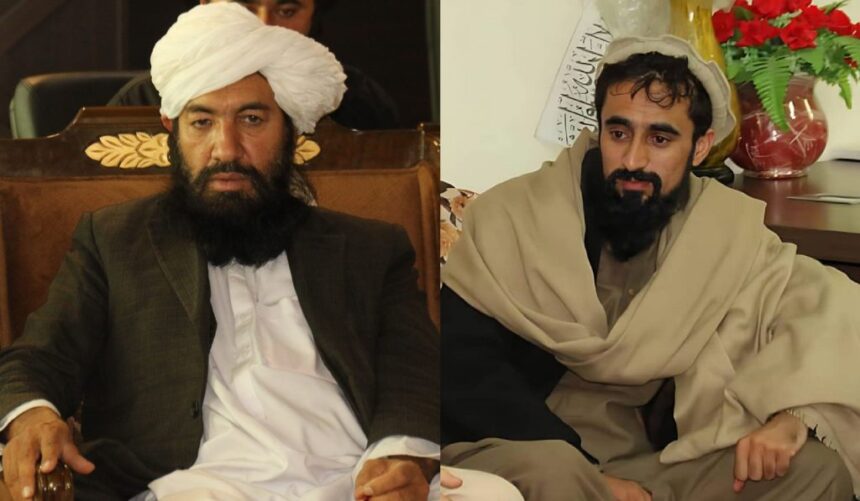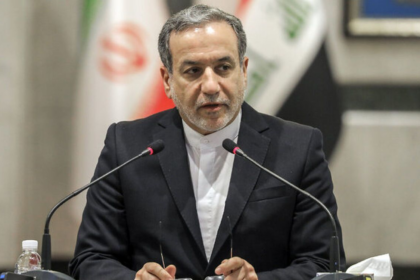RASC News Agency: The Taliban’s grip on power in Afghanistan continues to unravel not from international pressure or organized opposition, but from within. In Badakhshan, an increasingly fragile province in the country’s northeast, a new chapter of internal conflict has emerged, driven not only by ethnic tensions but by the ruthless competition for control over its mineral riches particularly gold. Sources on the ground confirm that hostilities between local Taliban commanders native to Badakhshan and their southern counterparts have escalated significantly in recent days. The dispute has reached a dangerous crescendo, with local commanders Salahuddin Salar and Mawlawi Abdulrab Arshad reportedly delivering an ultimatum to the Taliban-appointed provincial governor, Qari Ayub Khalid: vacate his position within one week or face open defiance.
The root cause of this intra-Taliban discord lies in the discriminatory policies and condescending attitudes of southern Taliban operatives, who dominate the regime’s power structure. Badakhshanis many of whom were instrumental in facilitating the Taliban’s return to power in the region have been systematically marginalized. Their reward for loyalty? Exclusion from meaningful governance, disarmament, and the loss of local autonomy, all dictated by the southern-dominated Taliban leadership in Kandahar. In response to the growing unrest, the governor’s office issued a repressive order forbidding any informal gatherings. A leaked audio message from his chief of staff instructed all local officials to suppress any attempts by local Taliban commanders to organize, labeling such meetings a “threat to provincial stability.” But critics argue this is merely a desperate attempt to silence legitimate grievances that have been brewing for months.
At the core of the crisis lies the exploitation of Badakhshan’s mineral resources. Gold mines long a potential engine of regional prosperity have been monopolized by entities closely linked to senior Taliban leaders from the south. Local communities are systematically excluded from the decision-making process, and the profits are siphoned off to bankroll the Taliban’s central regime while Badakhshan remains impoverished and unstable. The appointment of southern Taliban loyalists to key administrative and military positions has further alienated the local population. The initial goodwill extended to the Taliban by some segments of Badakhshan society has all but evaporated. Disillusioned former allies now speak of betrayal and internal colonialism a term increasingly used to describe the Taliban’s ethno-centric governance model.
Social media platforms and public forums have become battlegrounds for this discontent. Activists, political figures, and ordinary citizens alike are openly questioning how the very individuals who helped facilitate the Taliban’s resurgence in the province are now being politically erased. The broader message from Badakhshanis is clear: the Taliban’s promises of unity and Islamic justice ring hollow when their own internal operations are rife with discrimination, exclusion, and corruption. Observers warn that unless the Taliban leadership revises its governance strategy to reflect the country’s ethnic and regional diversity, it risks igniting civil unrest not from rival factions or foreign interventions, but from the very fighters who once stood beneath its banner. The myth of Taliban unity is cracking under the weight of greed, authoritarianism, and unchecked southern domination.
Badakhshan is no longer merely a remote corner of Afghanistan; it has become a litmus test for the Taliban’s internal cohesion and a symbol of the regime’s growing dysfunction. The current trajectory marked by resource plundering, ethnic favoritism, and authoritarian suppression suggests that the Taliban’s so-called “Islamic Emirate” is not only unjust but also fundamentally unsustainable.






